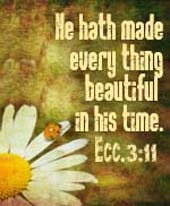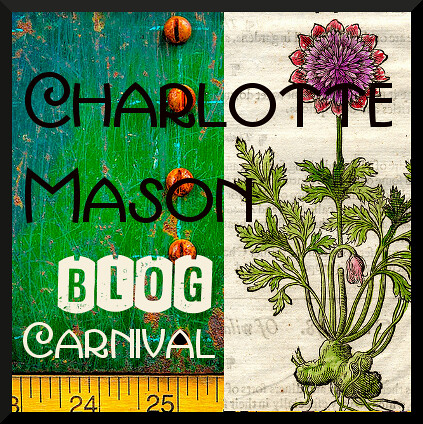Prerequisite:
Grammar of Poetry (at least the first half)
In Grammar of Poetry, students will have already gone over and practiced basics of metaphors, similes, meter, personification, alliteration, etc, etc.
Level: AOY7+/- *Please don't make your young children analyze poetry! It takes all the joy right out of it! Beginning in Form IV (roughly grades 7-9), Mason had the students note the meter and other technical details of the poems. See this post's Helpful Links for some more really great online resources for teaching the technical details in later years.
Please note: The purpose of what I'm suggesting in this initial activity using the following website with your students, is NOT to follow the exercise as perhaps was intended on the website itself. The idea is to use the info as presented there as an example of things to think about and the questions we might ask when WE are analyzing poetry with our students. :) You would probably not do this more than once as a lesson, though I found it interesting to look through a couple of other poems at my own leisure, apart from my kids.
- Read this
- Choose a poem from here (select a poem according to AO year/term? there are lots to choose from). We did this one by Tennyson called Break, Break, Break.
- Once you've chosen the poem, look/work through the links in order as presented on the site (click and read through all the links in each section) >> Intro (*spoiler alert* you may want to read the intro page last, so as not to give the whole thing away) >> The Poem >> Summary >> Analysis (I definitely recommend skipping links Calling Card ->through-> Steaminess Rating) >> Themes >> actually, by the time we got to Quotes and then Study Questions, we'd already gleaned what we were gonna glean. You may wanna skip those too.
Analyzing a poem will consist of at least several of the following activities:
Choosing a poem.
Reading the poem (several times!).
Writing a short summary of the whole poem (an overall impression).
Taking a stanza at a time, answering basic questions about each line (who is speaking, about what? etc., see the site again for examples of how to do this).
Giving examples of the following elements using the exact words from the poem (this is where grammar of poetry experience will come in real handy):
- Symbolism
- Imagery
- Wordplay
- Form and Meter (iambic, trochaic, anapest, dactyl)
- Speaker (who is speaking?)
- Sound (lilting, jerky, rhythmic, etc... how does this lend to the poem's overall effect?)
- Where does it's title come from?
- Themes (pick one or two and then quote the parts of the poem that support your thinking)
Please let me know if you have any great online poetry resources! Do you have any suggestions? What do you do to analyze poetry? I'm on a poetry kick and I'd love to look at your ideas! :)




















